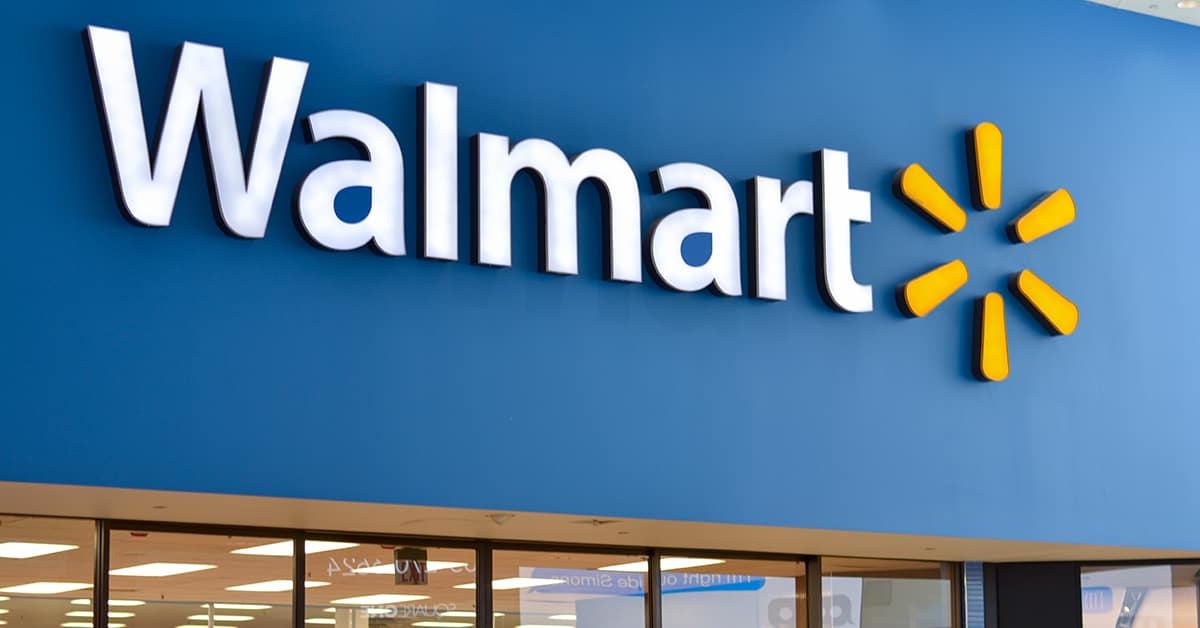Walmart could also become a broker-dealer, via the knowledge Ribbit gained from its successful launch of the no-fee mobile investment platform Robinhood.

Remember the shudder many felt a few years ago at the prospect of an impending “Bank of Amazon”? It never happened—not in any big way, at least. Still, retail is a natural entry point to financial services, and merchants worldwide, from Alibaba to Tesco, moved in that direction—with more on the way.
There aren’t many retailers bigger than Amazon.com. In fact, Walmart is the only one—$535 billion in annual revenues, versus Amazon’s $322 billion—and it announced that it, too, will develop this capability. According to the Arkansas-based retailer, it will partner with fintech venture firm Ribbit Capital “to develop and offer modern, innovative and affordable financial solutions…[bringing] together Walmart’s retail knowledge and scale with Ribbit’s fintech expertise to deliver tech-driven financial experiences tailored to Walmart’s customers and associates.”
The statement had no further specifics, so it’s difficult to know exactly what majority partner Walmart has in mind. It already offers a credit card, and shoppers can check out using the Walmart Pay app; but since they need to download it via the Apple Store or Google Play, many might simply opt to use Apple Pay or Google Pay. Clearly, the house Sam Walton built recognizes the limits of its expertise and has bigger things in mind.
Ribbit offers a number of options. Its successful products include Affirm, the buy-now, pay-later service that breaks down midsize purchases to be remitted over a given time frame through automated payment. With this kind of capability, Walmart could extend credit for short intervals at low interest rates—without having to share the wealth with a card issuer.
Walmart could also become a broker-dealer, via the knowledge Ribbit gained from its successful launch of the no-fee mobile investment platform Robinhood. While that’s a stretch, Ribbit is currently developing at least one neobank, Brex, focused on accepting deposits and issuing credit. Ribbit also recently exited Root Insurance, an insurtech company that could provide a foot in the door to the property-and-casualty arena.
Ribbit is also participating in the growth of Capital Float, a merchant lending operation, which is similar to the lending service Amazon offers its third-party merchants. Ribbit’s portfolio also includes LendingHome. While LendingHome focuses on the fix-and-flip market, it provides entrée for Walmart to get into mortgage lending. Meantime, other Ribbit properties such as Coinbase and Chainalysis are involved in the cryptocurrency space, as is Robinhood. If Facebook is launching its own money, why not Walmart?



